Teaching and Learning

How will I spend my time?
As a Life Sciences postgraduate student you will have plenty of contact with the staff who teach you. Independent learning, reading, group work and preparing assessments will occupy the rest of your study time.
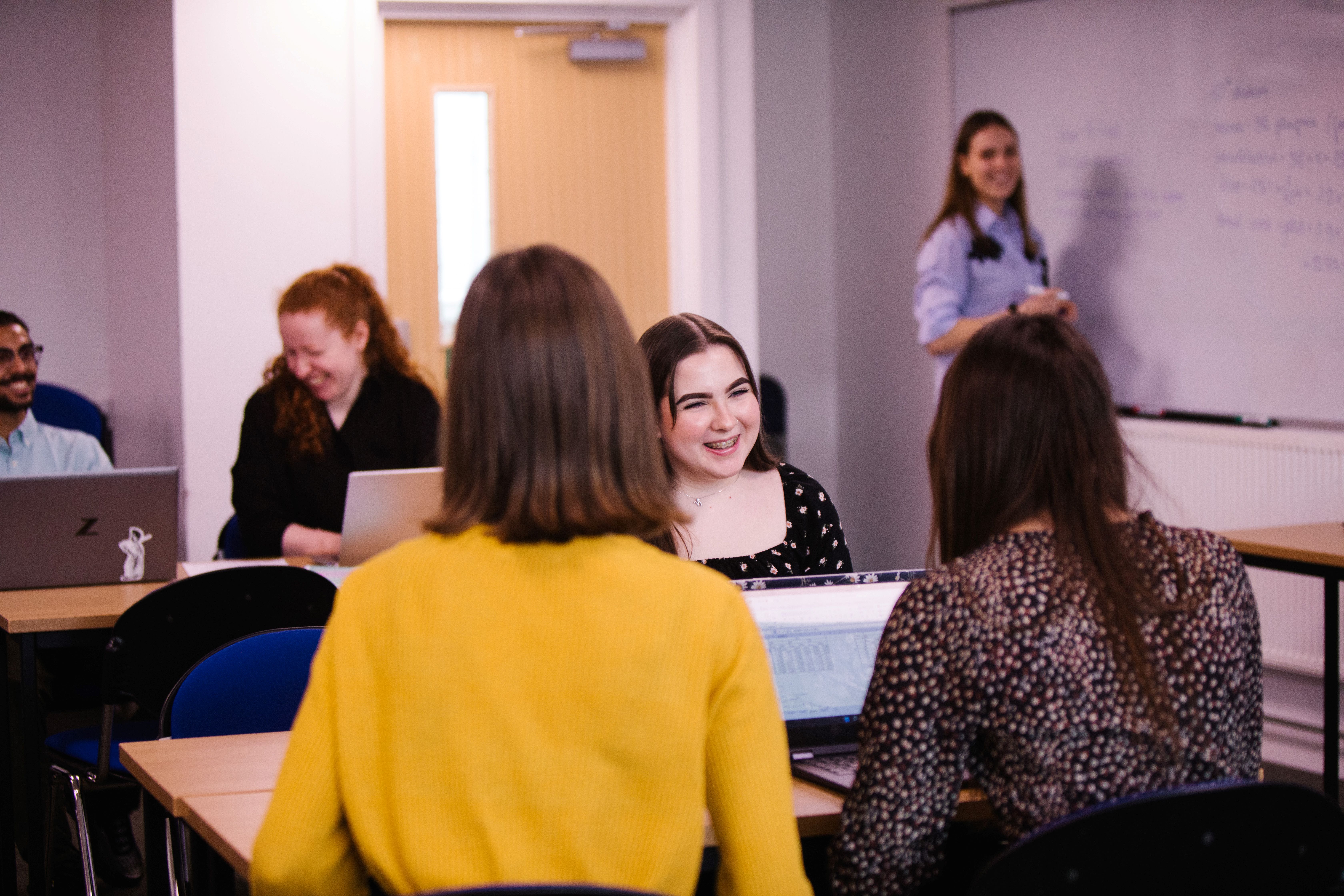
Taught sessions
Normally you will study one module at a time for two weeks (there are some exceptions). This approach allows you to focus on gaining an in-depth knowledge of the subject area by concentrating on one topic at a time. Module leaders and lecturers adopt different teaching styles in order to provide you with the knowledge and understanding required to be successful in your chosen area of study. Teaching is by interactive lectures, small group workshops or tutorials. Read more about key teaching staff.
According to the Postgraduate Taught Experience Survey (2024):
- 94% agree staff are enthusiastic about what they are teaching
-
92% agree I am encouraged to ask questions or make contributions in taught sessions
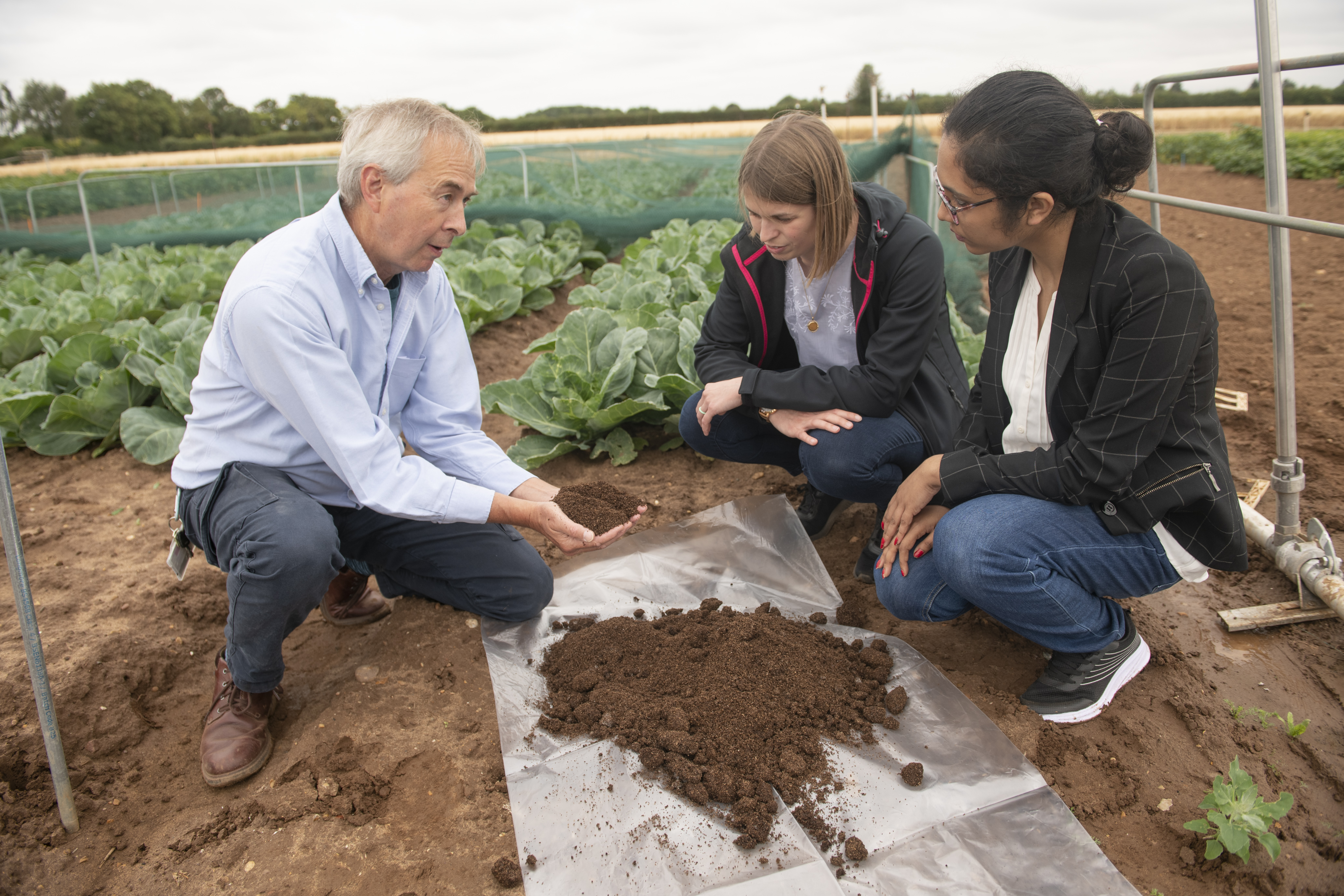
Field trips and lab work
Biotechnology and Business Management
Biotechnology and business management courses are focused on commercialisation of biosciences concepts, and do not involve lab work. Students have previously had the opportunity to visit a brewery and an anaerobic digestor plant processing commercial food waste to produce electricity and bio-fertiliser.
Environmental Bioscience and Food Security
Modules may include lab sessions and data analysis workshops to develop your learning. During some modules students visit Warwick Crop Centre, an internationally recognised centre for translational research in sustainable agriculture, horticulture and food security. Students have previously had the opportunity to visit the Animal and Plant Health Agency (APHA) Plant Health and Seeds Inspectors at Heathrow Airport.
Assessments
Most modules have an in-module assessment and an end of module assessment.
- In-module assessments may be group presentations or case studies, or for some modules may be a short-answer test.
- End of module assessments are normally a task for you to complete individually, such as an essay or report, with a deadline a few weeks after the end of the module.
Project dissertations
All Masters degrees include a project. During your project you are closely supported by a member of staff. Most students will complete desk-based dissertations, but some complete lab-based or placement-based projects.
Key academics teaching on our MSc programmes
You will be taught by expert scientists who undertake research in solving major global challenges in areas such as food security, disease control, bioenergy, systems biology, neurobiology and climate change. External professional experts also teach on selected modules giving a vital extra dimension to your teaching experience.
Professor Robin Allaby
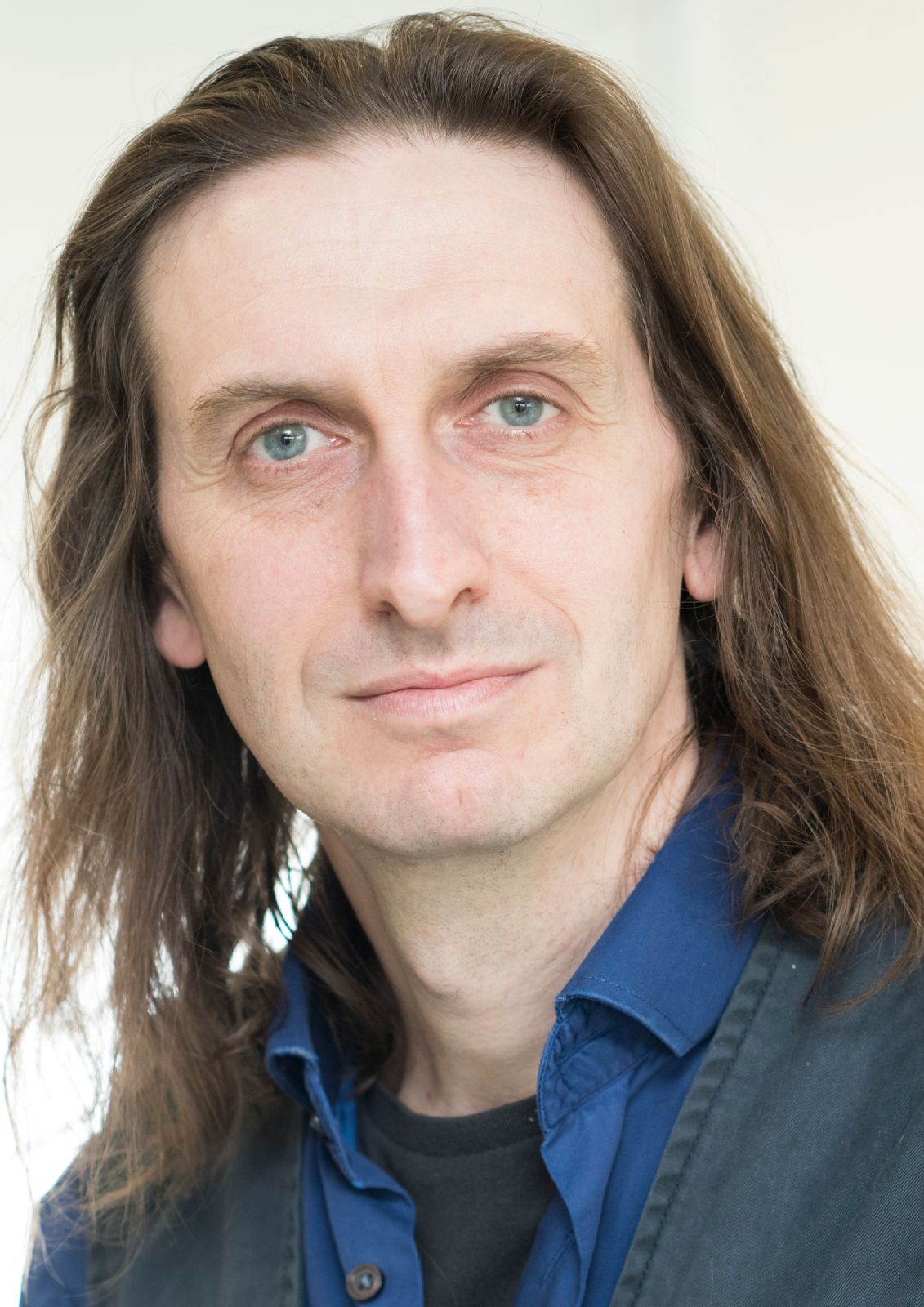
My group is interested in the evolutionary dynamics associated with the plant domestication process on several levels of organisation: the gene, the genome, the population. We wish to answer questions about where crops come from, and how plants such as crops become locally adapted to environmental conditions. Such information may help us in the future to produce crops which are better adapted to a wider range of conditions: the key to a sustainable future is to understand the past.
I am the module lead for Biodiversity, Conservation & Ecosystem Services.
Dr Guy Barker
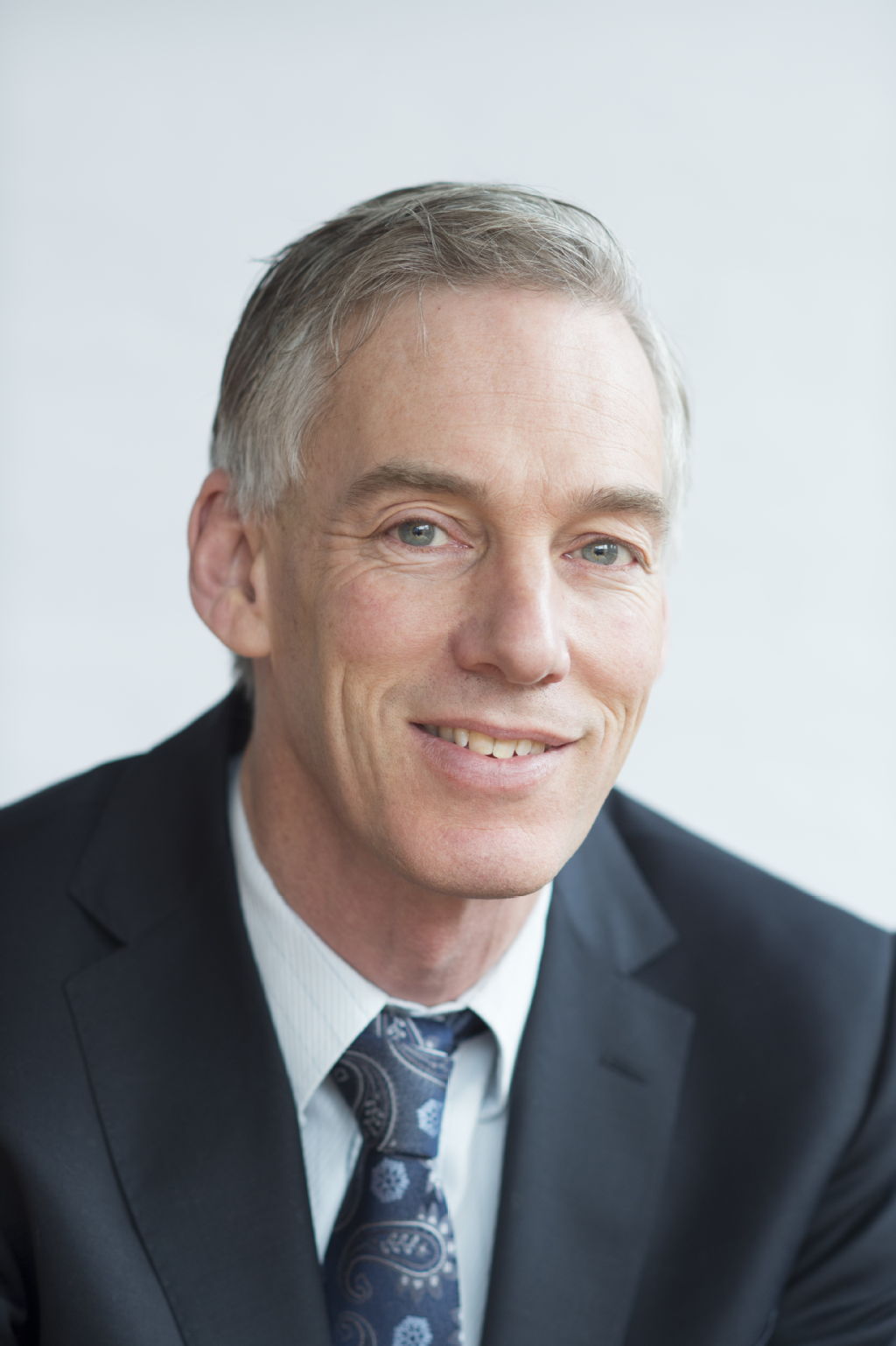
My research interests include comparative genomics and genome organisation including exploring the genes and mechanisms underlying traits related to health. I am also developing a novel approach for the recovery of bio-energy from ligno-cellulolytic waste.
I am the module lead for Biochemical Engineering and Bioproduct Plant Design & Economic Analysis.
Professor Gary Bending
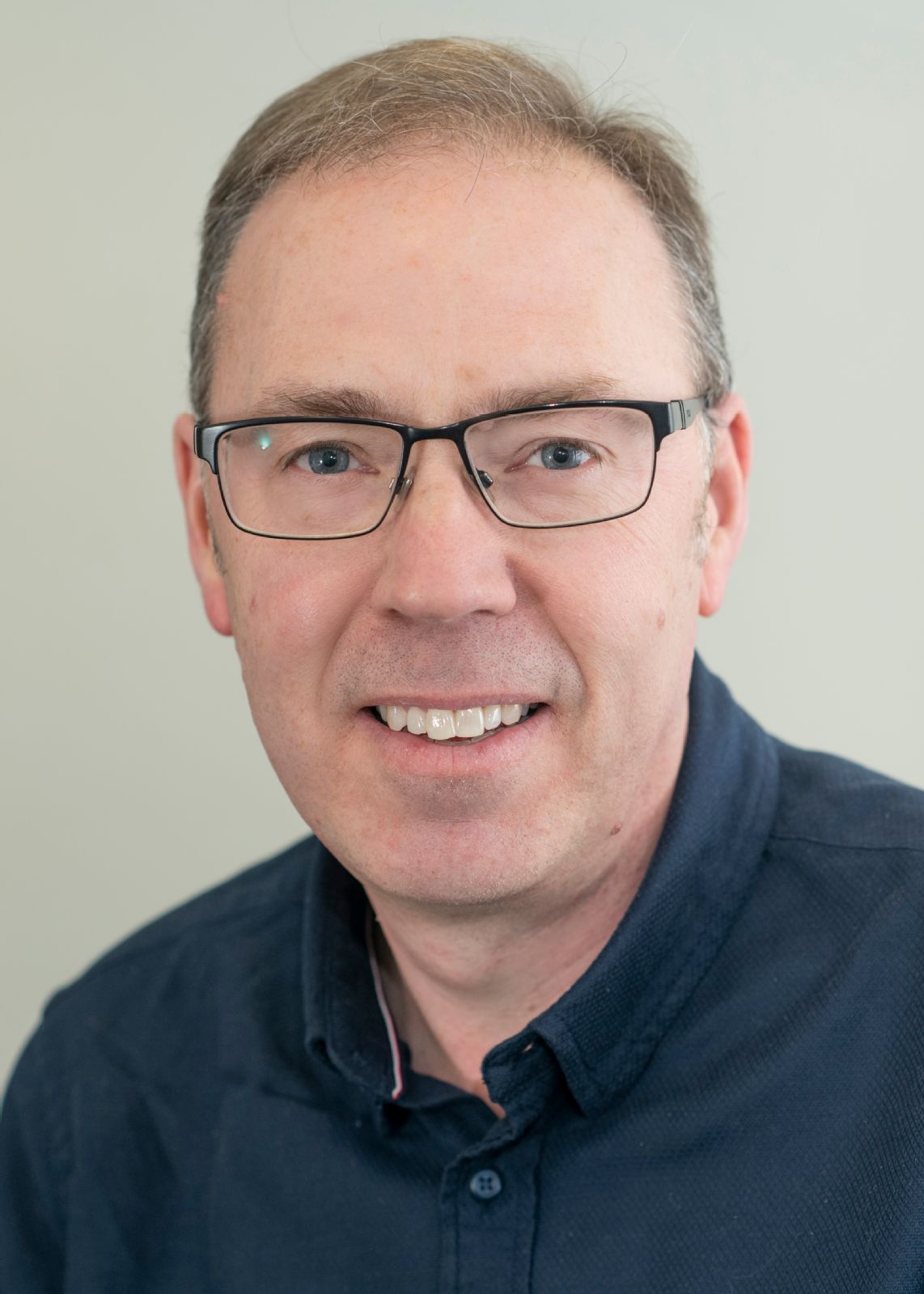
My research group studies the structure, diversity and function of microbial communities inhabiting plants, soil and water. We work across a range of natural and agricultural systems and many projects involve collaboration with industry.
I am module lead for Soil Sustainability & the Environment and Environmental Protection, Risk Assessment & Safety.
Dr Dave Chandler
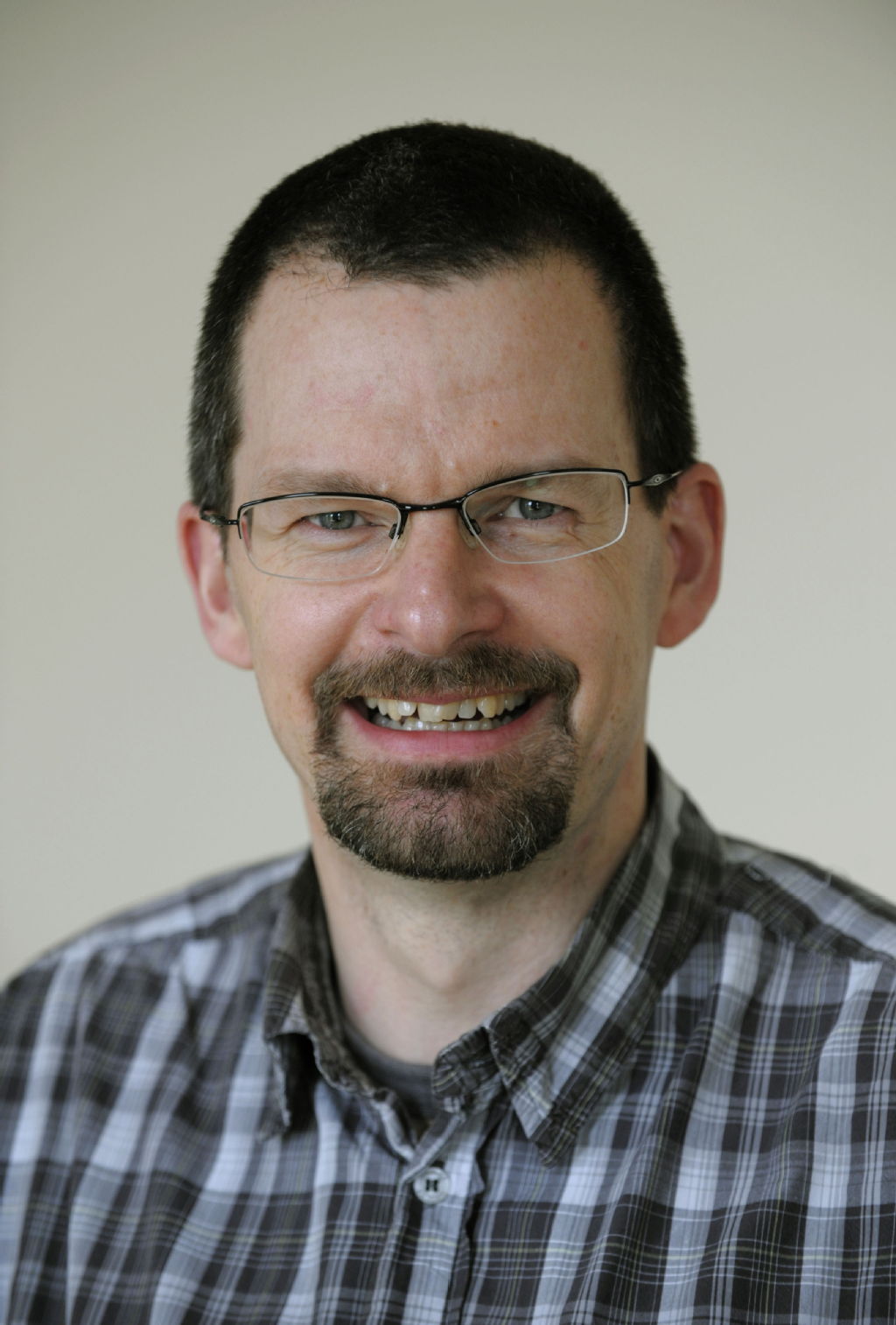
I am a microbiologist and entomologist and my main research interests are insect pathogens and microbial pest control, bee health, biopesticide regulation and governance and Integrated Pest Management (IPM).
I am module lead for Biosciences, Politics & Social Acceptability.
Professor John Clarkson
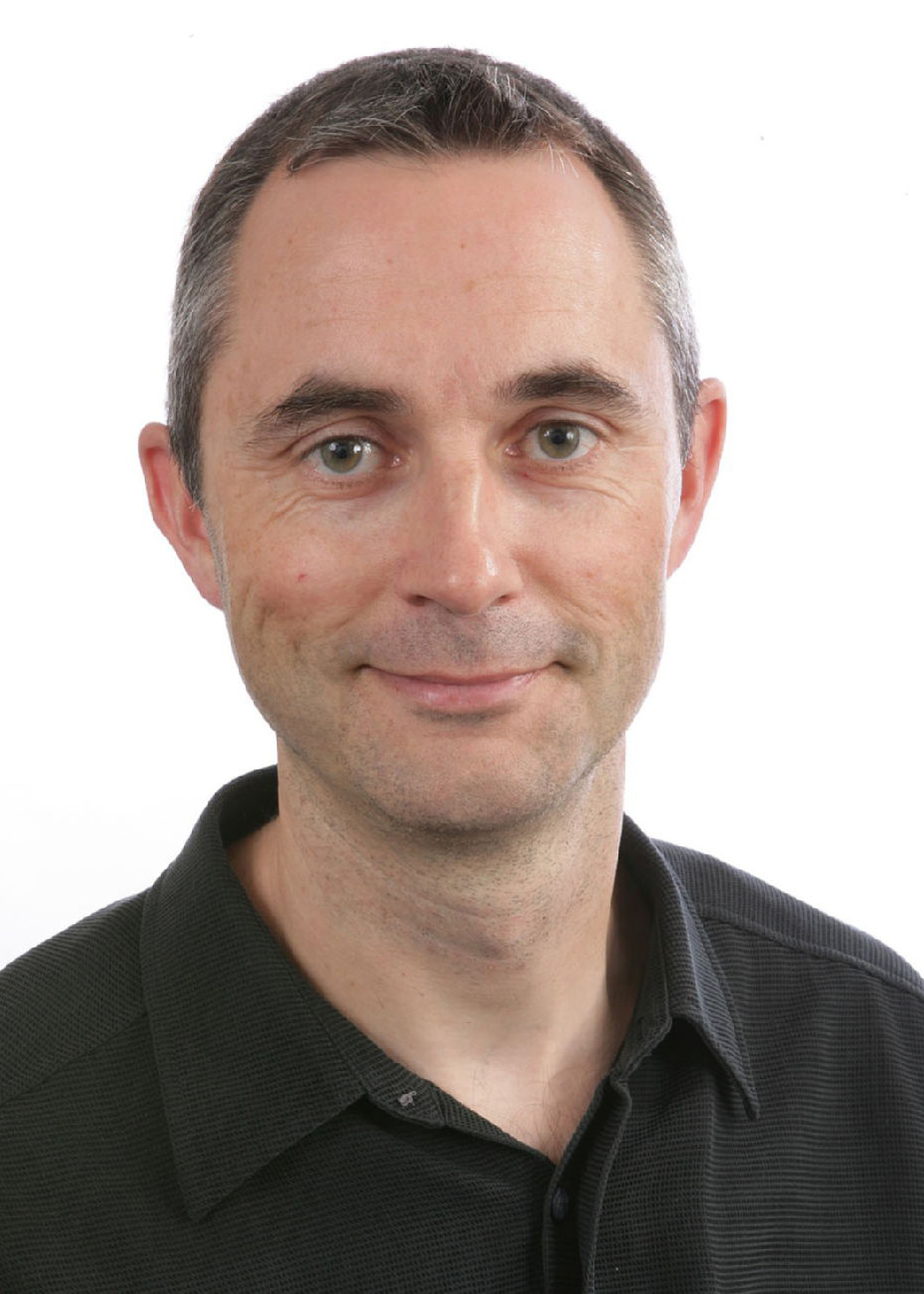
My research focuses mainly on pathogens of vegetable crops. This includes population biology of plant pathogens in wild and agricultural ecosystems and plant disease forecasting and modelling.
I am the Director of PGT Admissions and module lead for Advances in Crop Protection and Biological Invasions in Changing Environments.
Professor Rosemary Collier
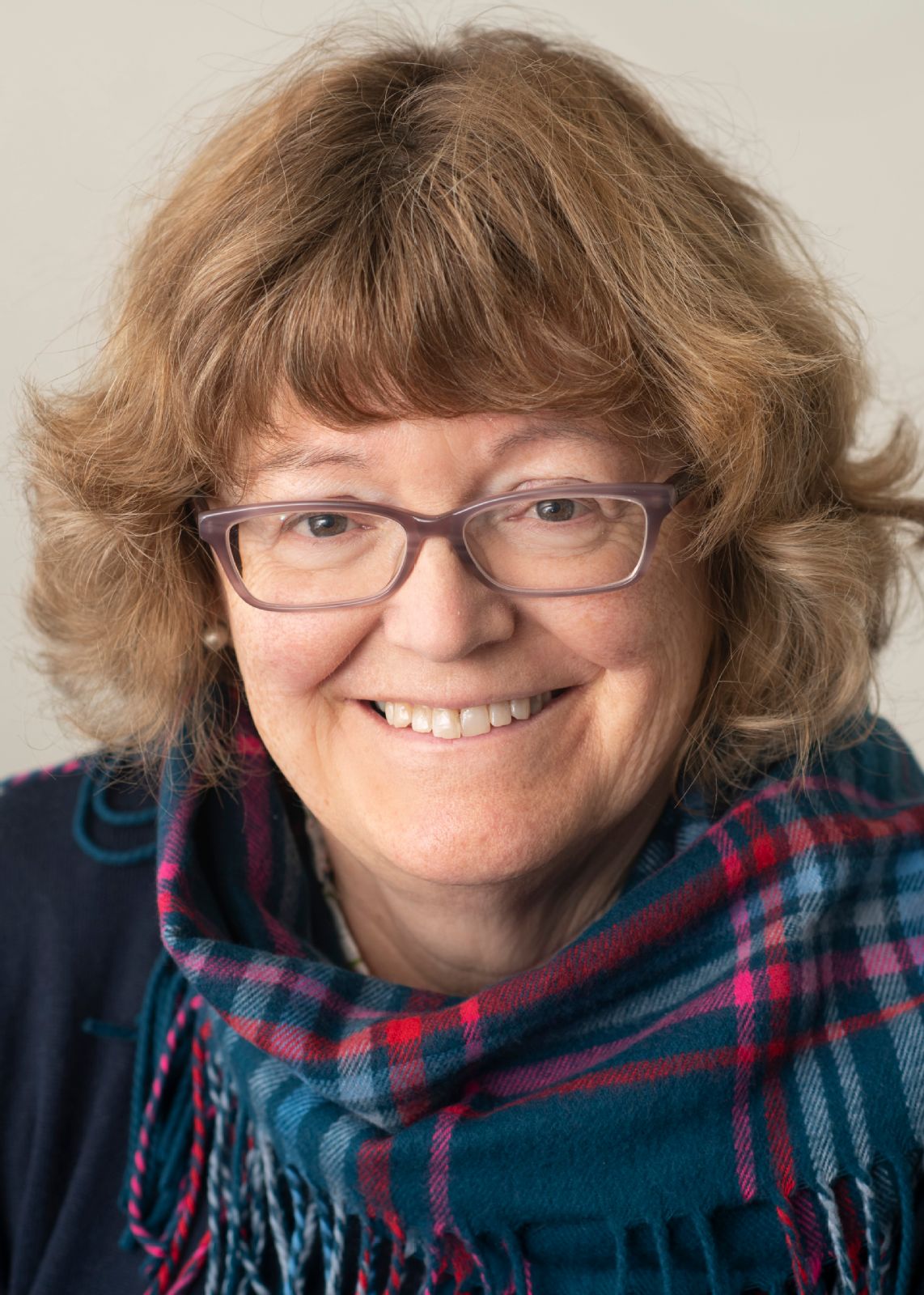
My main research interest is in the development and application of Integrated Pest Management strategies for horticultural crops. I am also interested in food production and consumption and have collaborated with colleagues from a range of disciplines (sociology, geography, statistics, engineering, theatre studies) on projects associated with food and food security.
I am course director for MSc Food Security and module lead for Organic and Low Input Systems and Challenges of Global Food Security.
Professor Jose Gutierrez-Marcos
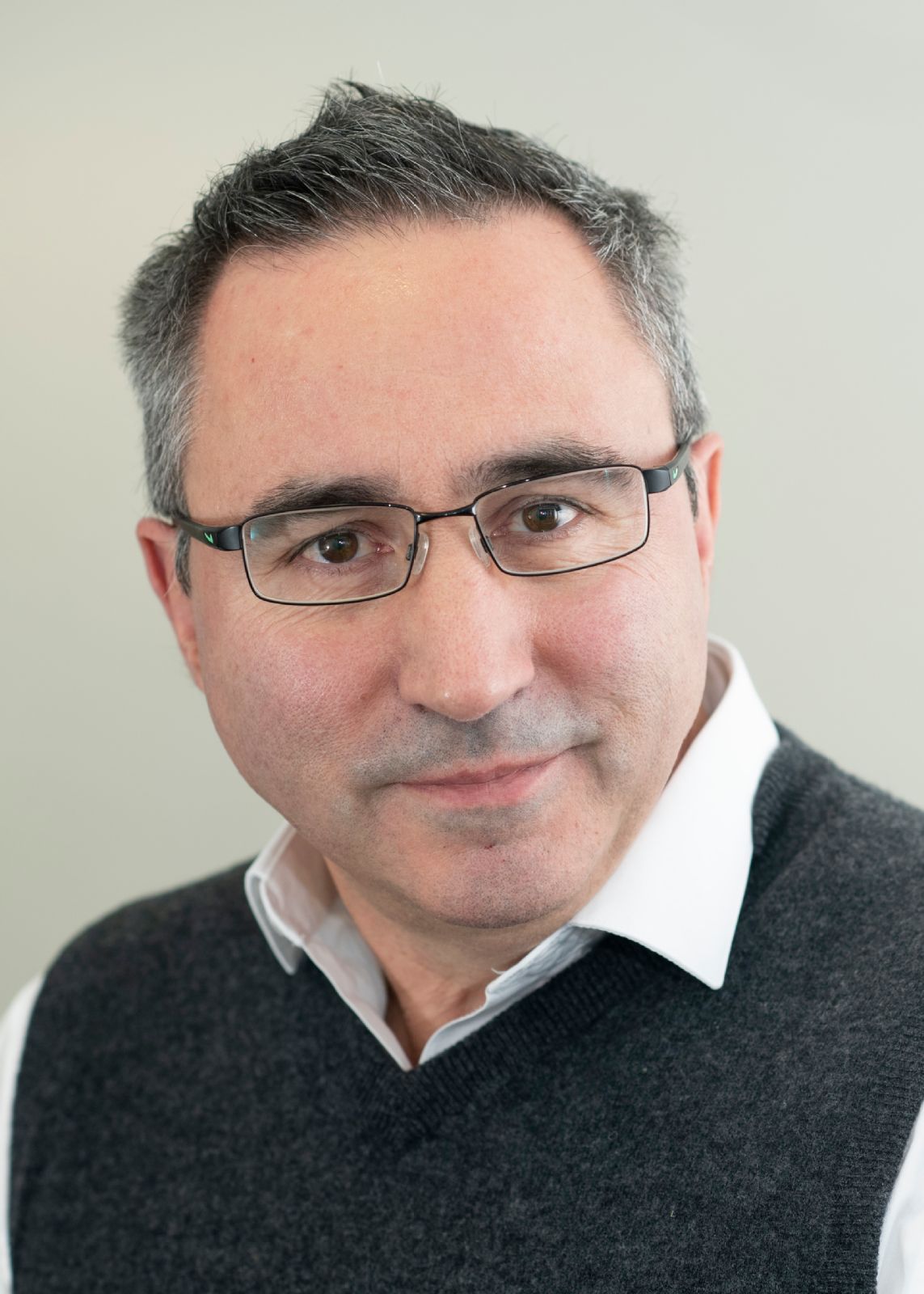
I am interested in understanding a key question in biology: how development and environmental responses are coordinated across diverse cell types in multicellular organisms? We address this question by investigating (i) the role of cell-cell communication in coordinating development and (ii) the role of the environment in influencing developmental plasticity.
I am module lead for Essentials of Medical Genomics.
Dr Freya Harrison
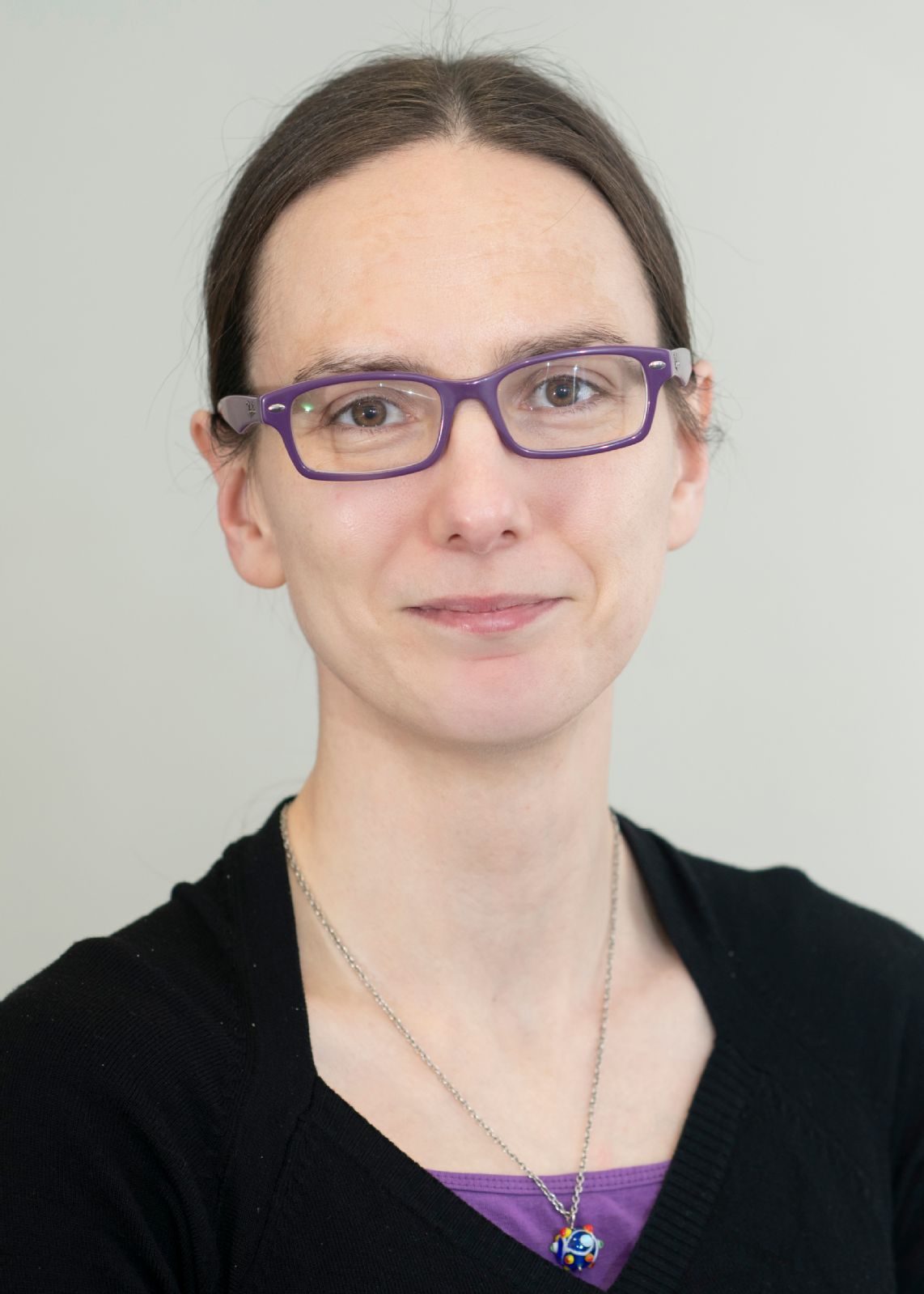
I research how bacterial pathogens cause chronic, antibiotic-resistant infections, especially the genetic disorder cystic fibrosis. I also seek to identify, reconstruct and test infection remedies from medieval medical books in the hope of finding new agents to treat antibiotic-resistant infections. I am the module lead for
Innovations to Prevent & Treat Infectious Disease.
Dr Ed Smith
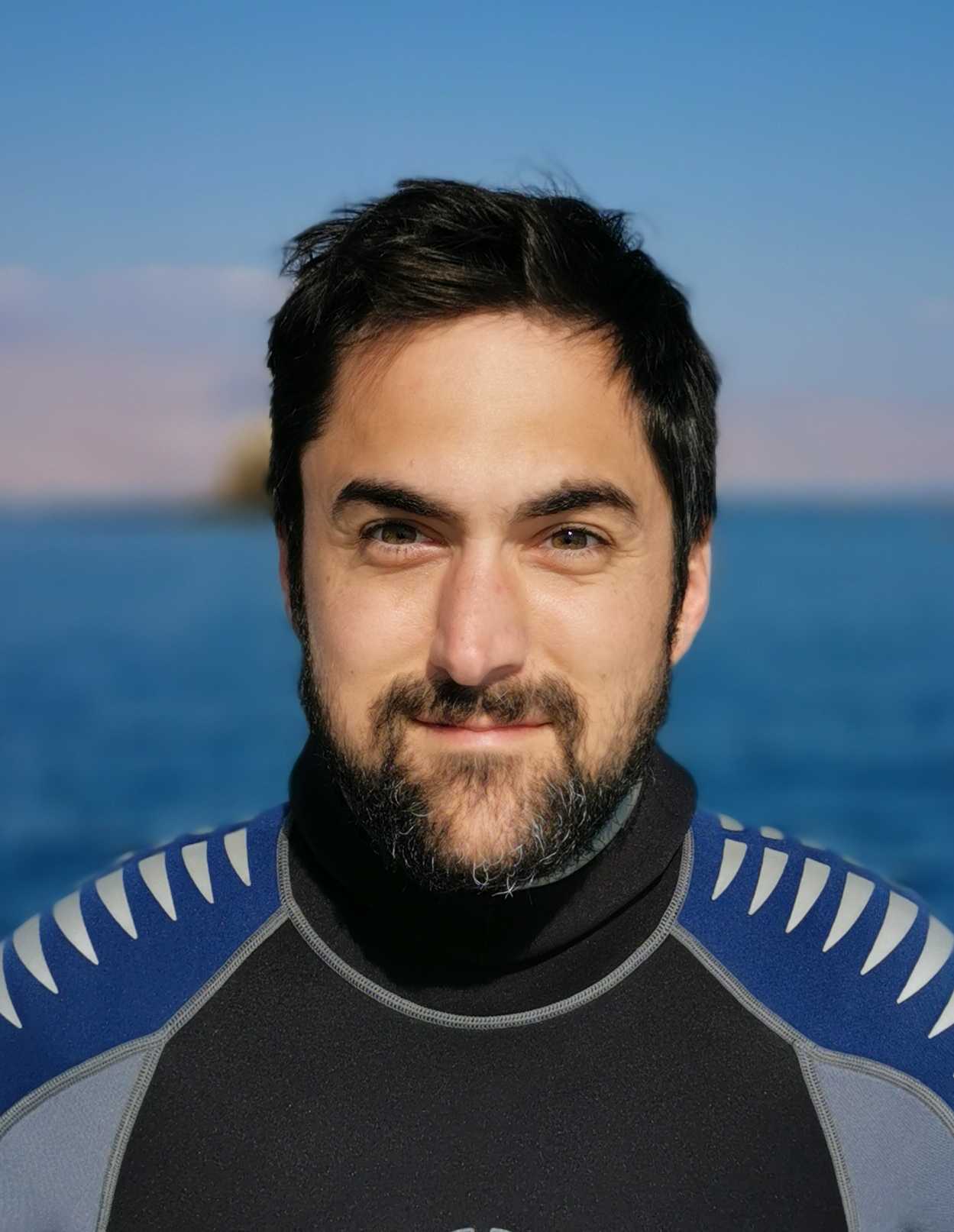
I am interested in the ecology and evolution of marine organisms. Much of my research has focused on the coral-algal symbiosis. I am particularly interested in how these symbiotic partners have adapted to environmental extremes and how this sensitive partnership will respond to future climate change.
A key aspect of our research approach is leveraging cutting-edge sequencing technologies and developing novel analytical approaches to tackle unresolved fundamental questions in biology.
I am module lead for Climate Change.
Professor Georgy Koentges
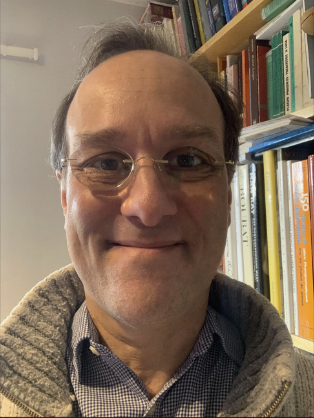
I explore the evolution of cellular and molecular programmes that underpin the morphogenesis of the vertebrate head and its evolutionary changes. We study how thousands of cells coordinate their actions to form teeth and the tongue, using live imaging in combination with computational and data science approaches. I enjoy teaching and exploring new methods for crowd-sourced student-led research (previously recognized by a WATE award) to educate students as empowered observers of the future, using new tools of interaction and engagement.
Rob Lillywhite
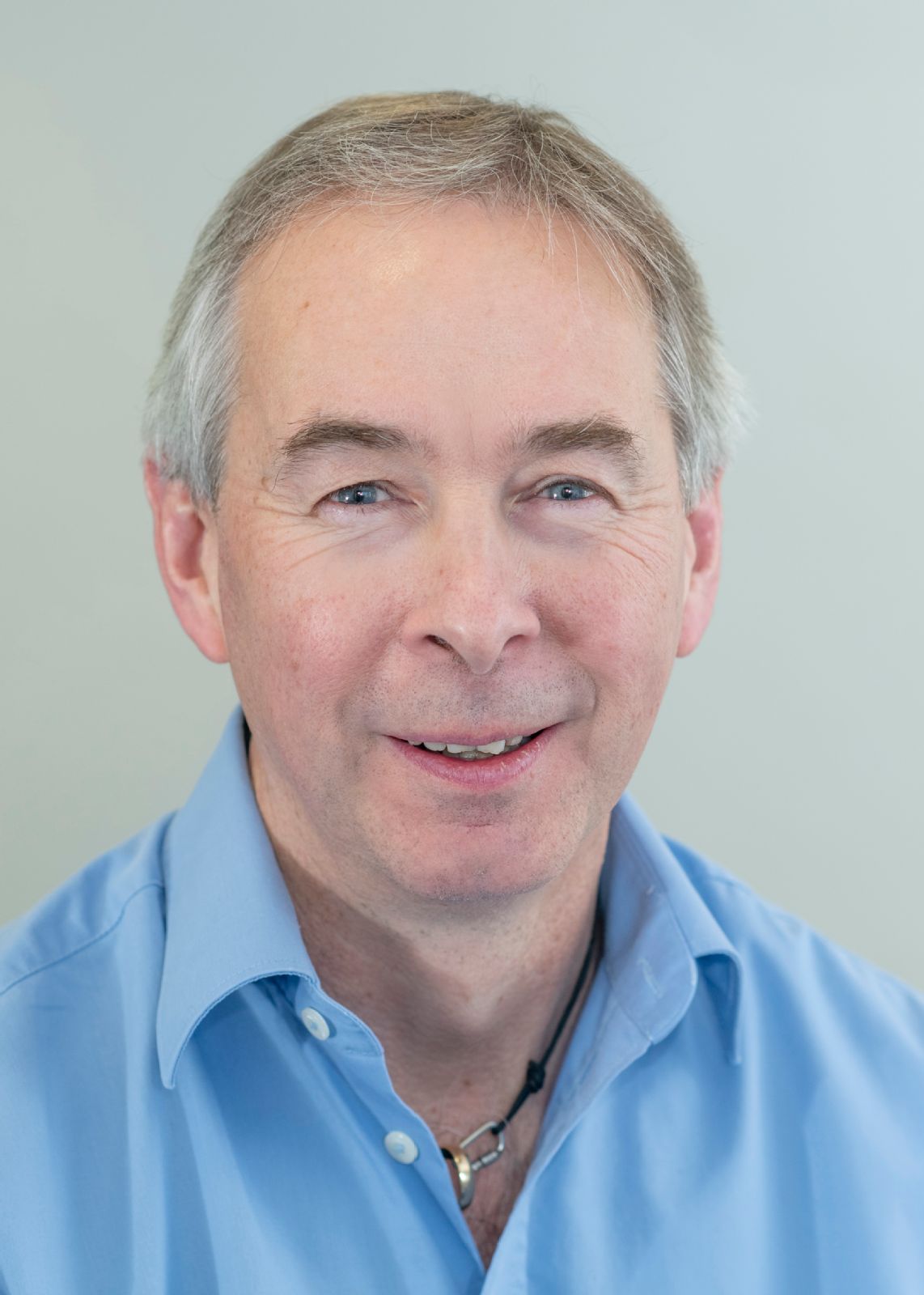
My principal interest is systems sustainability and my research programme focuses on two sectors: agriculture/food and healthcare. My work uses environmental accounting techniques (life cycle assessment, footprinting, mass balances) to examine the trade-offs and impacts that occur within systems.
I am course director for MSc Sustainable Crop Production: Agronomy for the 21st Century and module lead for Environmental Accounting.
Dr Andrew Nelson
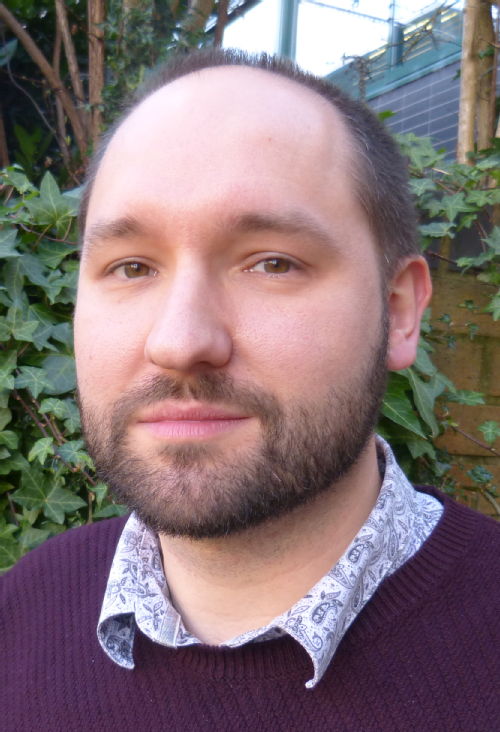
My research focuses on gene regulatory control mechanisms underlying cell fate decisions during vertebrate embryogenesis. This help us understand how the placenta develops correctly to maintain a healthy pregnancy, and how defects in placenta formation can lead to complications such as preeclampsia. It also provides key insights into other developmental disorders.
I am module lead for Regenerative Medicine.
Professor Hendrik Schaefer
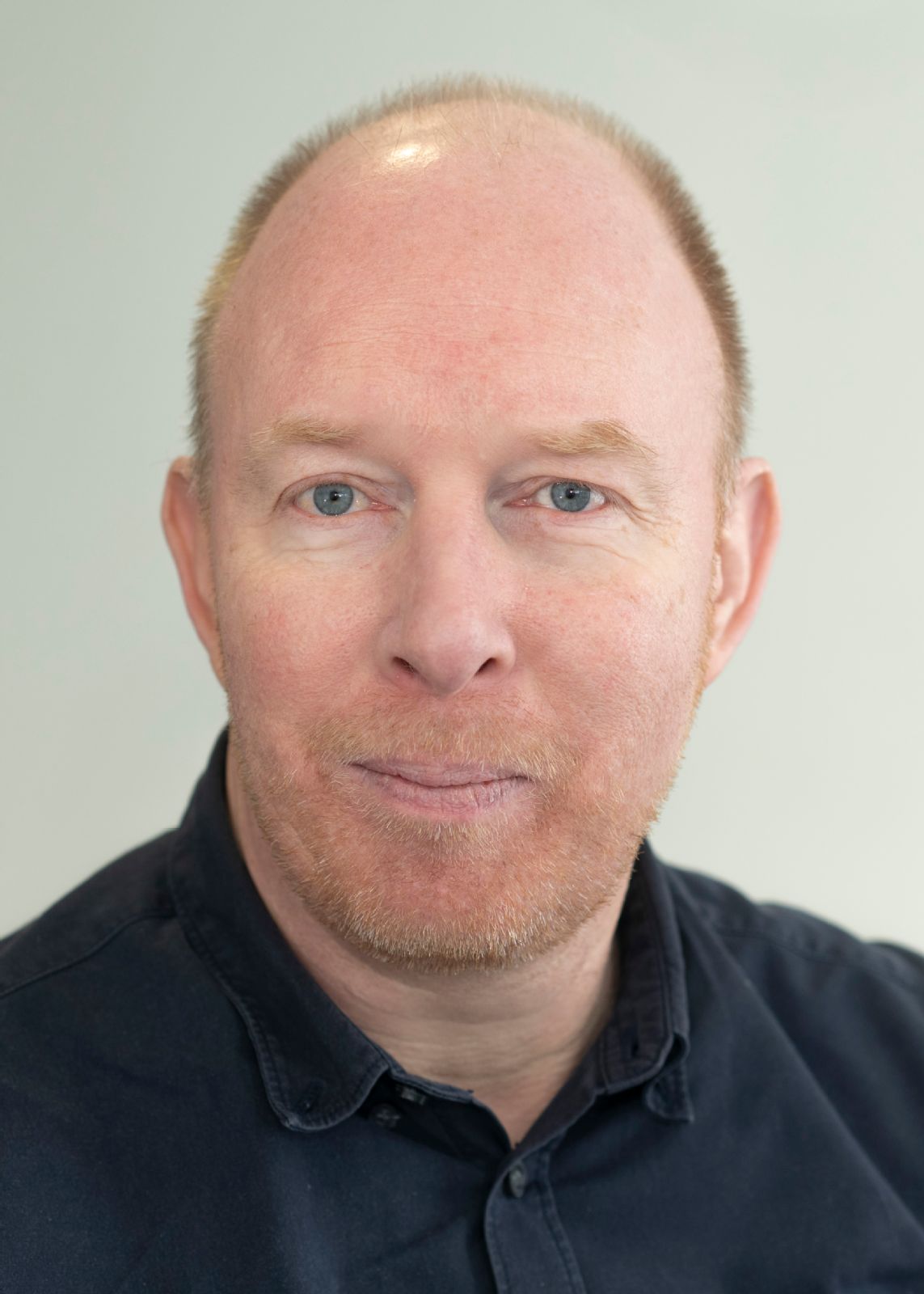
My research covers environmental and molecular microbiology, microbiomics and metagenomics. Also, microbial cycling of atmospheric trace gases, one-carbon (C1) and organic sulfur compounds and degradation of pollutants and microbial ecosystem services.
I am course director for MSc Environmental Bioscience in a Changing Climate and module lead for Microbiomics & Metagenomics.
Dr Graham Teakle
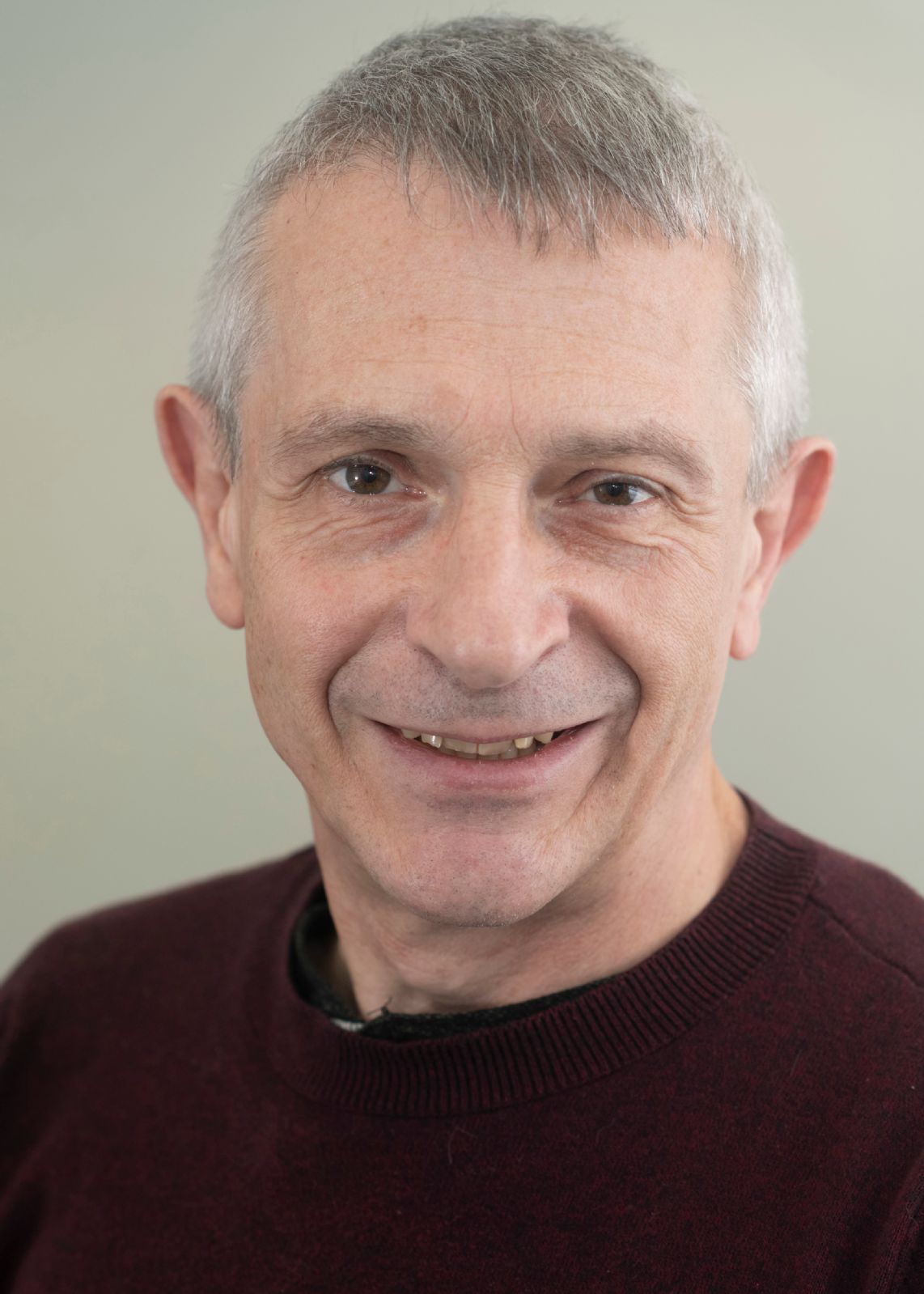
My research focuses on the genetic analysis of crop traits, particularly brassicas and oilseed rape. A key component is the development of genetic resources, particularly diversity sets, which are distributed to users around the world.
I am Director of Taught Postgraduate Studies and module lead for Crop Physiology & Production.
Dr Katrine Wallis
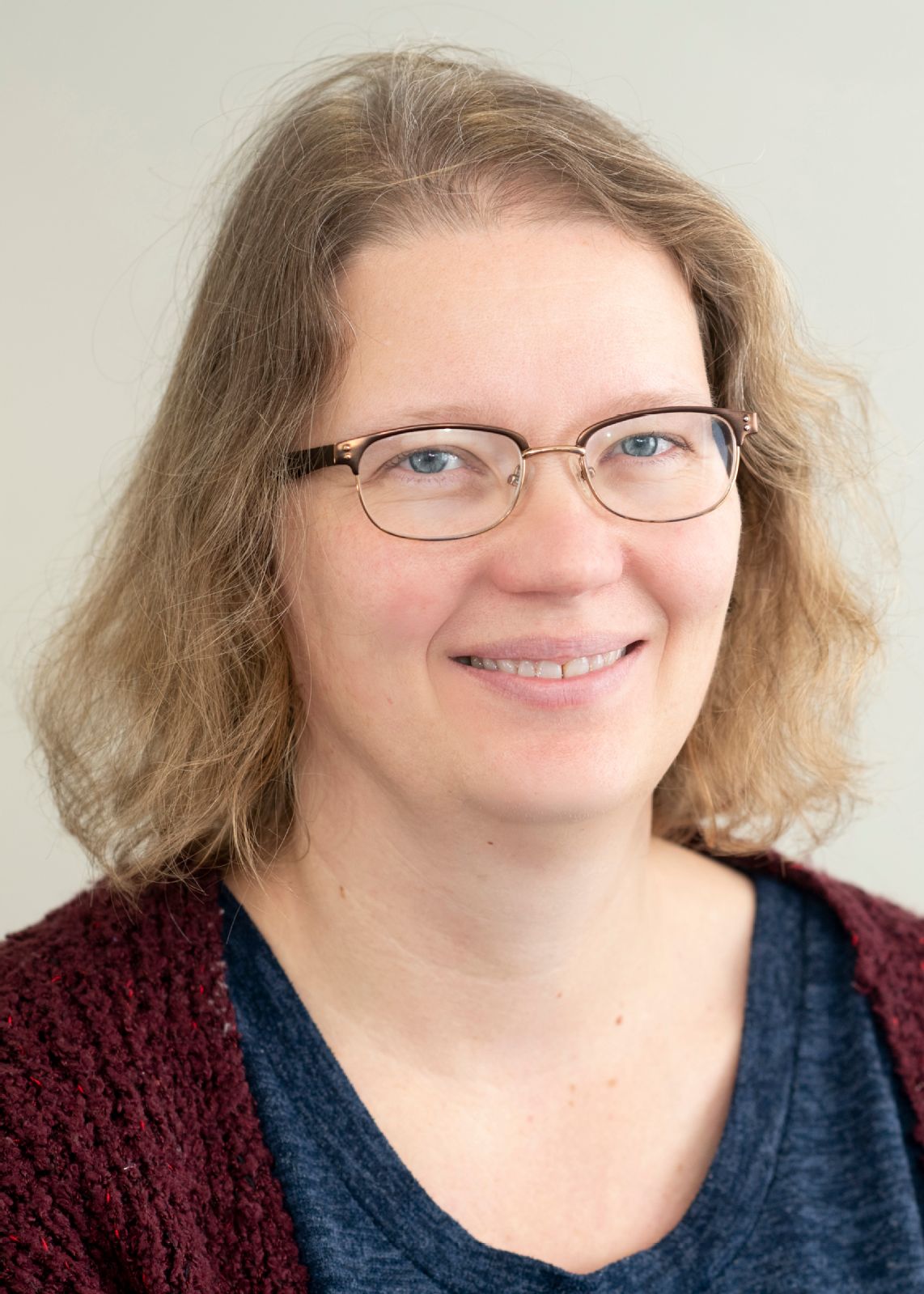
Worked on protein structure-function relationships, focussing on protein disulphide isomerase (PDI), an enzyme that is responsible for the incorporation of correct disulphide bonds in proteins going through the secretory pathway.
I am module lead for The Fundamentals of Biotechnology & Genetic Engineering.
Dr David Arnott (WBS)
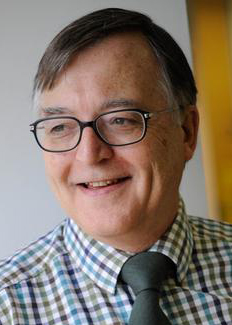
My research interests are marketing aspects of e-business, especially internet marketing , interactive consumer behaviour and IT in marketing communications; marketing of services and role of culture in product selection; and marketing pedagogy.
I am module lead for Marketing Management.
Dr Scott Dacko (WBS)
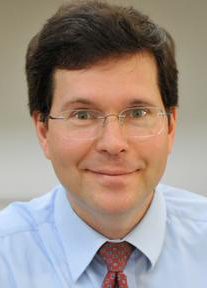
My primary research interests emphasise the important roles of time and timing in marketing strategy development and success for services (e.g., time-of-day services marketing and managing customer lateness) and new products (e.g., explaining follower firm entry timing and imitation strategies).
I am module lead for Business Strategy.
Graham Sara (WBS)
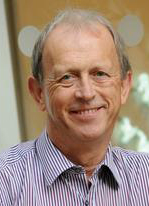
I am a senior teaching fellow in WBS and module lead for
Accounting & Financial Management.
